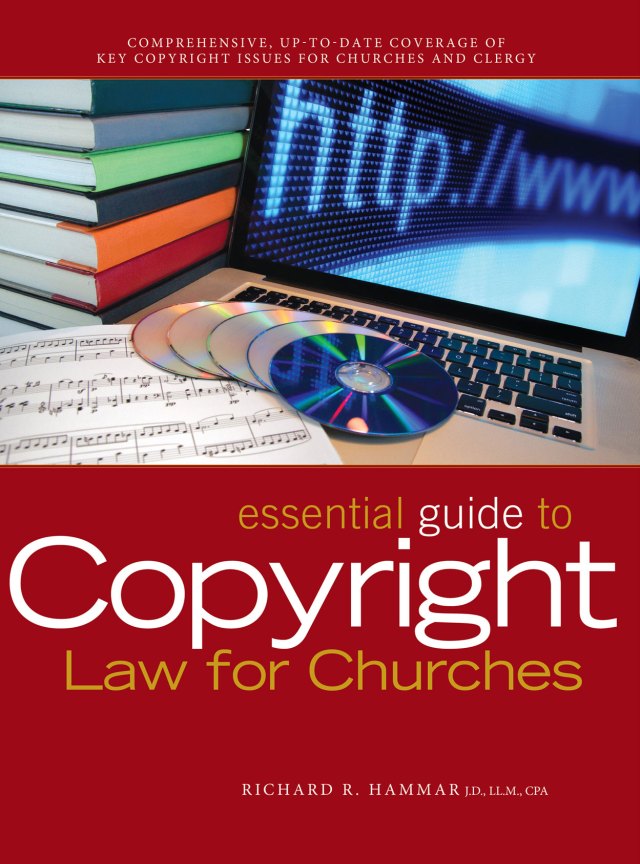Most clergy would be shocked to learn that their sermons are works made for hire that are owned by their employing church, and that their sermons cannot be used in any other churches with which they are later employed without the permission of the church with which they were employed when the sermons were created. This can become a contentious issue in the case of clergy whose sermons are recorded and sold publicly by the church.
Are sermons works made for hire?
Are a minister’s sermons works made for hire that are owned by the employing church? To the extent that sermons are written in a church office, during regular working hours, using church secretaries and equipment, it is possible if not likely that they are works made for hire since they are created by an employee within the scope of employment.
The argument could be made that sermons are works for hire even if composed by ministers at home, during “non-office” hours, since they comprise one of the most important functions that they perform on behalf of their employing church and congregation.
What this means for you and your church:
- The church owns the copyright in the sermons, unless the parties have expressly agreed otherwise in a signed writing that meets the requirements of section 201(b) of the federal law governing copyright.
- Any written agreement between a church and a minister that transfers copyright ownership in works for hire to the minister may constitute inurement of church assets to the personal benefit of the minister in violation of section 501(c)(3) of the tax code. This jeopardizes the church’s tax-exempt status.
- The church has the exclusive right to copy and distribute the minister’s sermons. To illustrate, if a minister’s sermons are recorded and distributed publicly, and the minister resigns his or her position and accepts a position at another church, he or she does not have any legal rights with respect to the sermons preached at the previous church. Any further public distribution of the sermons could be done only by the previous church, and not the minister.
- The minister would not have the legal authority to publish a book based on the sermons that he or she has preached at the church, since the church is the copyright owner of the sermons (as works for hire). As a result, only the church can create, publish, and distribute publications based on the sermons.
- If the church receives royalties on the sales of the works for hire, this may generate unrelated business income tax.
- If the church receives royalties on the sales of works for hire, this may violate the “operational test” under section 501(c)(3) of the tax code (which requires that public charities be operated exclusively for exempt purposes), thereby jeopardizing the church’s tax-exempt status.
- If the church receives royalties from the publication and sale of a work for hire, and remits them back to the employee-author, this may constitute prohibited inurement that will jeopardize the church’s tax-exempt status.
Doing outside work at home
Do you have a writer or composer on staff at your church? If so, it is possible that this person is doing some writing or composing on church premises, using church equipment, during office hours. One way to avoid the problems associated with work made for hire status is to encourage staff members to do all their writing and composing at home. Tell staff members that (1) if they do any writing or composing at church during office hours, their works may be works made for hire; and (2) the church owns the copyright in such works. By urging staff members to do all their personal writing and composing at home, the church also will avoid the difficult question of whether works that are written partly at home and partly at the office are works made for hire.
However, it is likely that pastors’ sermons will be considered works made for hire, whenever and wherever they are composed, since sermons are the most important function that a pastor performs.
The best way to eliminate confusion over who owns the right to a work is by creating an appropriate copyright policy. Such a policy should be drafted by an attorney with experience in handling intellectual property issues. This can be included in a church’s employee handbook and should be communicated clearly to clergy and staff, ideally during the hiring process.




